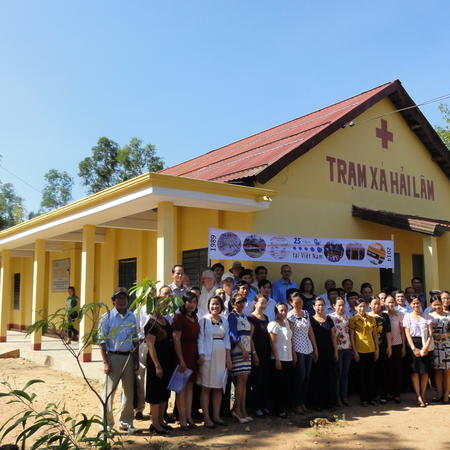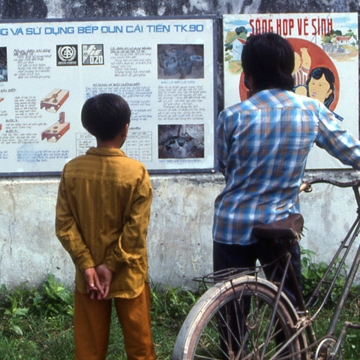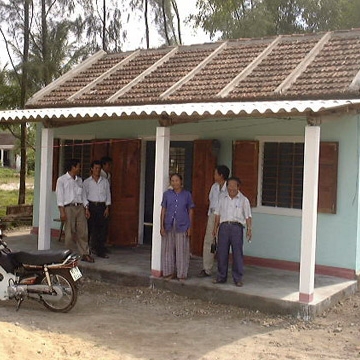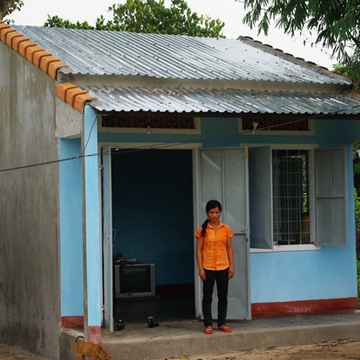More vulnerable world needs better future planning by humanitarians
LONDON (AlertNet) - Professionals dealing with humanitarian needs – from aid workers to policy makers – need to get better at anticipating new and different future crises which are likely to affect rich countries as much as poor ones, according to the head of the London-based Humanitarian Futures Programme.
Randolph Kent, a former U.N. humanitarian coordinator for Somalia, Kosovo and Rwanda, said the notion of a hapless South and a resilient North was outdated in a world that was becoming ever more vulnerable to new types of complex and simultaneous hazards.
"The world in which we live has become, and is becoming, and will increasingly become, vulnerable to a range of factors which are probably not being considered by those in the humanitarian sector and those with humanitarian roles and responsibilities," Kent told AlertNet in an interview.
He said the kind of singular view of crisis drivers – natural disasters such as volcanoes and earthquakes – held by many in the humanitarian world was going to "catch us out".
"It's not that we don't think about the future but we think about the future from very isolated perspectives, from where we have been, from the trends, from what we know but we don't think of what might be new types of factors," Kent said.
Japan's triple disaster, which tested the limits of the world's most technologically advanced nation earlier this year, is a case in point.
The scale of the earthquake and tsunami in March was shocking even for a country which has a history of both. Yet few people could have predicted the meltdown at Fukushima nuclear plant after the quake.
Radio-active leakages are not the only new kind of threat, the collapse of computer networks would be a catastrophe in a technologically-dependent, globalised world, Kent warned.
"Have a cybernetic failure somewhere in outer space that all of a sudden grinds these mechanisms to a halt and you have a major crisis. People will not get food. Food will not be transported. Water will not pumped," he said.
Kent said the answer was for governments, corporations, the military and non-governmental organisations to start thinking about what might be. He also called for more engagement with scientists to ensure that their research was incorporated in humanitarian planning.
Real aid effectiveness, he said, starts with bolstering the resilience of communities and minimising their exposure to disasters.
"Resilience becomes the key, and not response, because if we can start strengthening local communities, that means we will need to have less emergency response," he said, adding that this is where the interests and the activities of the private sector and the humanitarian community may overlap.
"These corporates very often see their corporate resilience is dependent on community resilience ... – getting much wider communities to think about disaster preparedness and disaster risk reduction because the last thing I corporately want is a situation where my 'assets' are flooded, so what can I do about that? What's the community impact? What do I need to ensure my workforce?"











